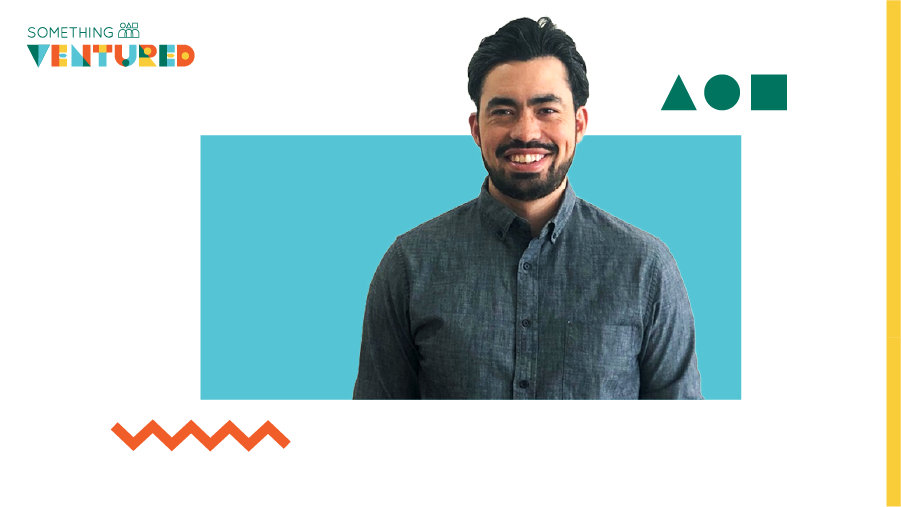Editor’s note: This profile is the final interview with Alex Alvarado as part of Something Ventured, a year-long series by Crunchbase News that examined diversity and access to capital in the venture-backed startup ecosystem. As part of this project, we followed seven seed-stage entrepreneurs over the course of a year as they built their businesses. Read our previous profiles of Alex Alvarado and Daybreak Health here, here, here , here and here, and access the full project here.
Ever since we began following Alex Alvarado and youth mental health startup Daybreak Health over a year ago, it’s seemed like an enterprise with potential to grow into something big and impactful.
Now it’s clear investors see that too. Last month, Daybreak completed one of the major startup rights of passage by closing its Series A financing. The San Francisco-based company pulled in $10 million in a round led by Lightspeed Venture Partners and joined by existing backer Maven Ventures as well as individual investors.
With the new capital, Daybreak is pursuing some ambitious expansion plans. After operating exclusively in California since its inception in 2019, this year Daybreak is offering its service in Texas, with plans to add more states in coming months.
Search less. Close more.
Grow your revenue with all-in-one prospecting solutions powered by the leader in private-company data.
The company has been growing rapidly. Revenue approximately quintupled in the six months before Daybreak closed its Series A, and it saw similar growth in patient volumes. The company has been adding therapists to its roster, and the rest of its staff has tripled in size, to around 35 people, since November.
The expansion comes as demand for Daybreak’s core service—teen-focused telehealth counseling and mental health support offered through school districts—continues to explode.
Customizing support
The pandemic-driven pivot to online learning last school year exacerbated mental health issues for many students missing the usual routines of class and extracurriculars. And this year, as students returned to the classroom, many suffered social anxiety, along with distress about the sense of a lost year.
“We are seeing a different set of mental health issues” as the school year progresses, according to Alvarado. Students are working on rebuilding relationships and some are working on moving forward from traumas of the past couple years.
In addition to mental health issues warranting counseling and treatment, Alvarado said Daybreak is working on adding less resource-intensive services for teens seeking support. “Not all kids need therapy,” he observed, adding that there might be a place for something “that’s a little more lightweight.”
In this vein, it’s notable that Daybreak’s new board member, Lightspeed partner Nicole Quinn, has a background in scaling mental health for the masses. Her investment track record includes Calm, the popular meditation app, and Real, a provider of therapist-designed mental health platforms, both of which aim to take an affordable, highly scalable approach to mental health support.
For Daybreak, the focus on expanding affordability has an insurance element as well. One of the company’s goals in coming quarters, Alvarado said, is to make more of its counseling covered by Medicaid, which could allow school districts to affordably provide its service to more low-income students.
A team effort
If all that scaling sounds like an exhausting enterprise, Alvarado wouldn’t disagree. However, it helps that he isn’t in it on his own.
While being a startup CEO is known as a lonely and burnout-inducing job, Alvarado, 31, said his own experience has been more positive. For this, he credits co-founders Siddarth Cidambi, and Luke Mercado, COO and CTO, respectively.
“From Day One, my two co-founders and I have been able to split responsibilities … So I feel like I have been able to take care of myself,” Alvarado said. “And yes, we did have to split the equity three ways. But yes, we did get a lot further because of that.”
Illustration: Dom Guzman

Stay up to date with recent funding rounds, acquisitions, and more with the Crunchbase Daily.






![Illustration of stopwatch - AI [Dom Guzman]](https://news.crunchbase.com/wp-content/uploads/Halftime-AI-1-300x168.jpg)


67.1K Followers